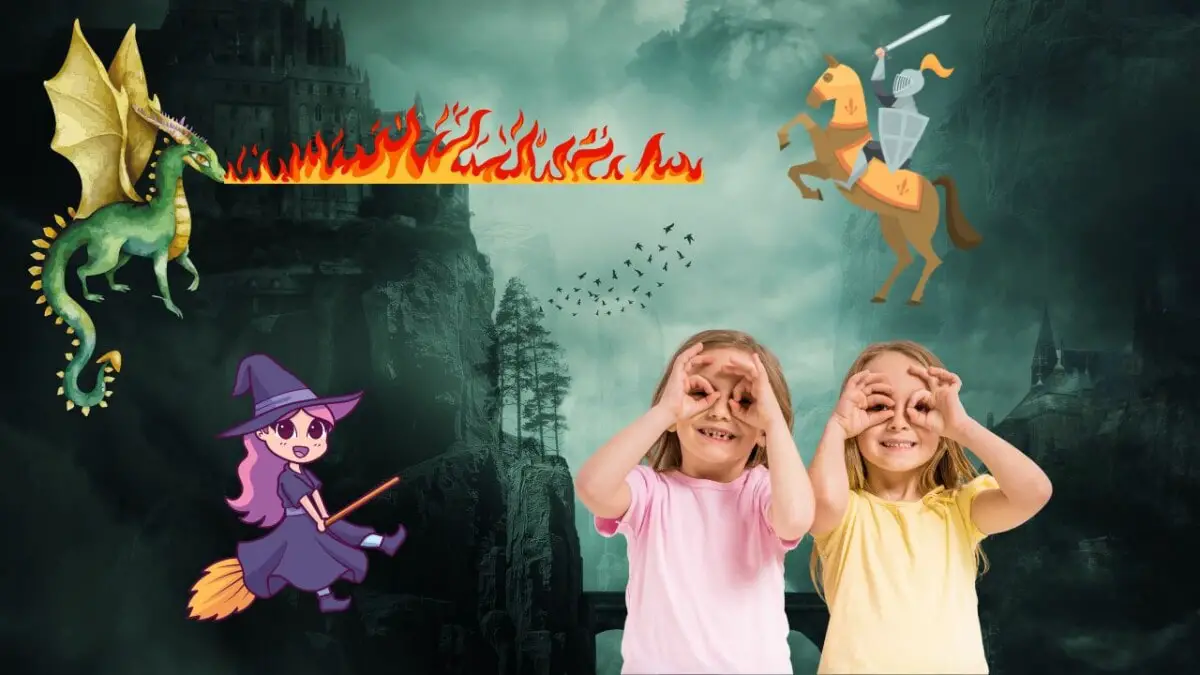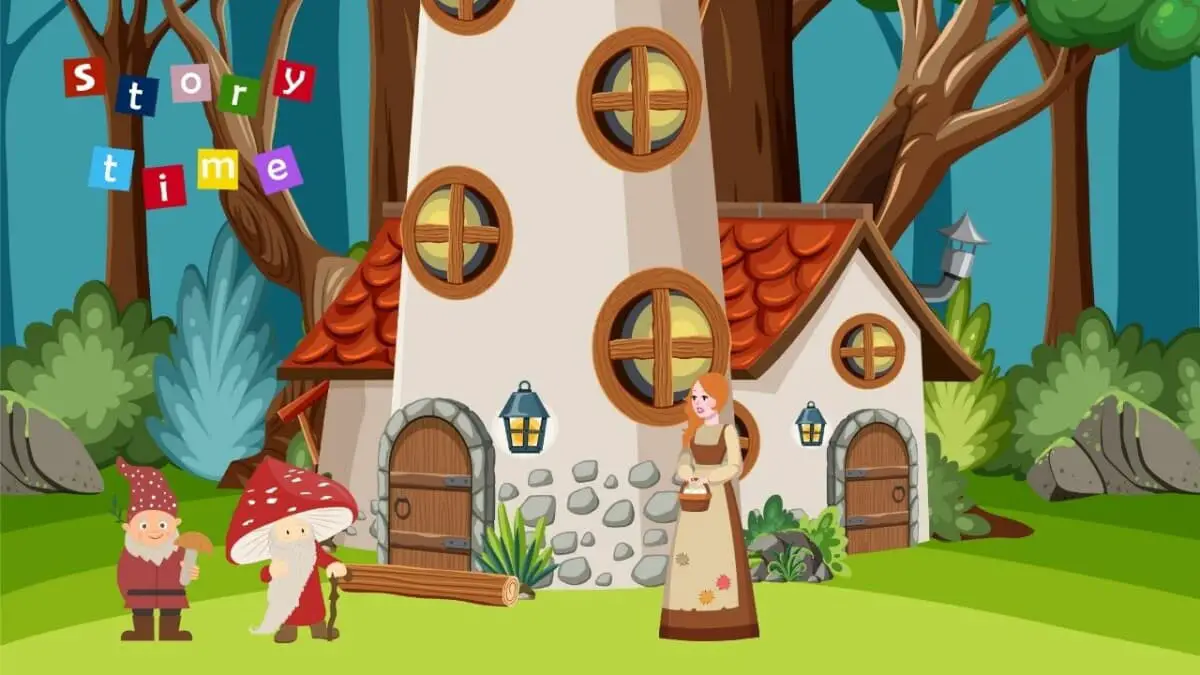Few genres in the vast tapestry of literature spark as much passion and debate as romance. People traditionally delineate between fictional romance and its real-life counterpart, engaging in arguments over their respective merits. Upon deeper exploration, however, we unearth a unique charm within the realm of fictional romance that offers therapeutic value comparable to genuine heart experiences. It is an observation standing shoulder-to-shoulder with reality.
A fictional romance book might lack realism in its storyline and situations, as these events and characters are not real and were created for entertainment purposes. However, the understanding and lessons gained from reading fictional romance books can still be applied to real-world situations. While the specific events may not have happened in reality, the lessons learned from fictional romance can contribute to personal growth and help individuals deal with similar situations that may arise in their real romantic relationships.

Escaping Reality for a While
Amidst the relentless pace of our daily existence, discovering moments of tranquility presents a formidable challenge. However, within the domain of fictional romance lies an inviolable sanctuary. It is a realm where readers can fleetingly elude if not entirely transcend, the intricacies that reality imposes upon them. Research confirms this unique power held by fiction. Through its engagement with readership, it incites activity in brain regions linked to empathy and comprehension effectively offering respite from personal battles for those involved.
Moreover, immersing yourself in a captivating fictional romance is the true mental reset button. By disentangling from one’s life stressors and diving into the lives of intricately developed characters, readers gain more than mere relaxation. They also invigorate their creativity and imagination. It offers an inviting pause from routine monotony.
- Cognitive Rejuvenation: Engaging with fictional romance not only provides emotional relief but also rejuvenates cognitive functions, improving overall mental well-being.
- Escapism as a Coping Mechanism: For people facing challenging circumstances, the temporary escape provided by fictional romance can be a healthy coping mechanism, offering a break from reality without avoidance.
Understanding the Human Psyche
The immersion in romantic-laden fictional narratives significantly enhances emotional intelligence. Through this process, readers foster a profound comprehension of human emotions and bolster their capacity to navigate intricate interpersonal relationships within their personal lives. Thus, emphasizing the transformative power that literature holds.
Delving further into the psychology of fiction, we distinguish the emotional journey characters embark upon, with its intricate portrayal of relationships, conflicts, and resolutions, which mirrors the readers’ developmental arc. This is not a mere reflection. Rather it becomes a powerful mirror that reflects our experiences to us, an instrument that enables us to navigate through our emotions with heightened awareness and profound insight.
- Narrative Reflection: Fictional narratives act as mirrors, reflecting and amplifying the emotional landscape of the readers, contributing to heightened emotional intelligence.
- Empathy Amplification: The immersive nature of fictional romance amplifies readers’ empathetic responses, facilitating a more profound connection with characters and, by extension, with real-life individuals.

Therapeutic Nature of Fictional Romance
Heartbreaks are bound to happen in life. Yet, there are moments when turning to fictional romance can provide solace. Studies suggest that reading emotionally charged narratives spurs the release of oxytocin, the “love hormone”, and nurtures a feeling of connection and warmth. This cathartic emotional release aids individuals, helping them process their emotional trials.
Furthermore, the therapeutic benefits transcend mere emotional release. They encompass an intriguing dimension of self-guided therapy. Within fictional romance, a safe space for readers, people can explore and digest their unresolved emotions and experiences. This offers a unique form of psychological healing within book pages.
- Safe Emotional Exploration: Fictional romance provides a safe platform for readers to explore and navigate their own emotions, fostering self-awareness and healing.
- Therapeutic Immersion: The immersive quality of well-crafted fictional romance allows readers to temporarily step out of their emotional turmoil, promoting a therapeutic sense of detachment.
Building Compassion and Empathy
Crafting fictional romance with nuance enables readers to embody diverse characters. This vicarious experience, a catalyst for empathy and compassion, stimulates an open-minded approach towards real-world relationships. The transformational power of viewing situations from various perspectives is particularly potent for individuals wrestling with personal and life problems.
Fictional romance, beyond fostering empathy, often introduces readers to characters: who are from diverse backgrounds. They represent cultures and have a variety of experiences. This exposure broadens cultural competence for the reader, contributes towards a more inclusive worldview, and enriches understanding in terms of human relationships.
- Cultural Awareness: Well-crafted fictional romance contributes to cultural awareness by exposing the readers to diverse perspectives and relationships.
- Broadening Perspectives: The vicarious experience offered by fictional romance serves as a powerful tool for broadening readers’ perspectives, promoting a more inclusive and compassionate worldview.

A Bridge Between Fantasy and Reality
Some argue that fictional romance perpetuates unrealistic ideals. Others, however, contend that it serves as a bridge between fantasy and reality. Distinctly recognizing this differentiation permits readers to indulge in the whimsical yet maintain an unyielding grip on actuality. Mental well-being hinges critically upon striking a harmonious balance between fantasy and reality. Thus, emphasizing its indispensability for optimal psychological functioning.
Delving further into the psychological nuances, it indeed becomes clear that the interface existing between fantasy and reality operates as an energetic arena for individual development. A catalytic role is played by imaginary romance in fostering introspection. This prompts readers to scrutinize their desires, expectations, and aspirations within fictional narratives as well as actual relationships.
- Dynamic Personal Growth: The interplay between fantasy and reality creates a dynamic space for personal growth, encouraging readers to reflect on their desires and expectations.
- Navigating Expectations: Recognizing the balance between the fantastical and the real equips readers with the tools to navigate their expectations in both fictional and real relationships.
Transcending Stereotypes
Critics often contend that romance, whether in reality or fiction, perpetuates stereotypes. Yet, well-crafted fictional romances can challenge and subvert these pervasive caricatures. Exposure to an array of diverse characters and narratives not only broadens readers’ understanding of love and relationships but also instigates them to question their preconceived notions, thus painting a more realistic picture.
Upon further exploration into the profound influence of meticulously crafted fictional romance, one thing is clear. Subverting stereotypes isn’t merely a literary decision, it wields significant social power. The narratives in fiction provoke readers to scrutinize their deeply embedded beliefs. This fosters an inclusive, accepting outlook on love and relationships, a truly transformative perspective.
- Social Impact: Well-crafted fictional romance contributes to social change by challenging and subverting stereotypes, fostering a more inclusive and accepting societal perspective.
- Critical Self-Reflection: Engaging with characters that challenge stereotypes prompts readers to critically reflect on their own beliefs, promoting personal growth.

Applying Lessons from Fictional Romance
Does fictional romance proffer tangible benefits in actuality? Yes. Readers, frequently unaware, imbibe lessons from the characters they engage with. Fictional romance, serving as a wellspring of wisdom, imparts lessons applicable to readers’ lives. Effective communication, resilience in challenging times, and even the significance of self-love emerge from its pages.
Fictional romance, beyond merely providing lessons, serves as a reservoir of relational strategies. Strategies that readers can deliberately infuse into their lives. The art of effective communication, conflict resolution, and understanding your emotional needs, far from being mere fictional tropes, are valuable skills. of enriching real-life relationships.
- Conscious Application of Skills: The Readers can consciously apply relational skills learned from fictional romance, enhancing real-life communication, and conflict resolution.
- Strategic Emotional Understanding: Fictional romance provides a strategic understanding of emotions, helping readers navigate real-life relationships with heightened emotional intelligence.
The Cognitive Benefits of Immersive Reading
Beyond the emotional escape and relaxation that fictional romance brings, there are profound cognitive benefits to immersing oneself in a well-crafted narrative. Studies reveal that avid readers, especially those engrossed in fictional books, tend to exhibit enhanced cognitive abilities. The mental exercise of tracking complex storylines, deciphering character motivations, and anticipating plot twists serves as a workout for the brain. This cognitive stimulation contributes to improved problem-solving skills, increased vocabulary, and heightened analytical thinking.
The action of visualizing scenes and characters from descriptive prose. This activates the brain’s sensory regions. Readers, as they vividly imagine story settings and emotions, a process that forges new neural pathways, enhance creative and imaginative thinking. This cognitive workout extends beyond mere reading. It permeates daily life, imbuing readers with an agile, inventive mindset to approach challenges.
- Enhanced Problem-Solving: Immersive reading sharpens cognitive abilities, fostering enhanced problem-solving skills applicable to real-life challenges.
- Neuroplasticity and Creativity: The visualization and imagination triggered by fictional romance contribute to neuroplasticity, fostering creativity in various aspects of life.

The Evolution of Reader-Writer Relationships
The digital age has profoundly evolved the relationship between readers and writers, transforming solitary reading into a communal experience. Readers now use social media platforms, book clubs, and online forums as virtual spaces to engage in passionate discussions about their favorite fictional romances. This communal aspect augments reading’s therapeutic nature by fostering belongingness and shared experiences. It brings an extra layer of depth to an already profound activity.
Once distant figures behind printed words, authors now directly interact with their readers. This dynamic exchange, revealing insights into the creative process and character inspiration, even sharing personal experiences that shaped the narrative, establishes a profound transparency. Such depth not only strengthens connections between readers and writers but also underscores this fact. Fictional romance is truly a collaborative journey where authorship merges seamlessly with readership to co-create an emotional tapestry within each story.
- Community and Connection: Virtual spaces for reader discussions foster a sense of community, allowing readers to share their thoughts, emotions, and insights related to fictional romance.
- Author-Reader Collaboration: The direct interaction between authors and readers enhances the collaborative nature of storytelling, strengthening the emotional bond between those who create and those who consume the narrative.

Unveiling the Social Dynamics Within Fictional Romance Communities
Fictional romance’s allure transcends the book’s pages and immerses itself in virtual communities. These online spaces, fervently engaged with dissecting and discussing romantic narratives, act as vibrant hubs where readers bond over their shared passions. More than mere platforms for opinion exchange, these communities carve out a space for emotional expression. They cultivate a sense of camaraderie among individuals who discover solace, joy, and inspiration within those same fictional worlds.
The dynamic interplay of perspectives within these communities. It creates a rich tapestry of interpretations. Diverse readers, with their backgrounds, experiences, and cultural lenses in hand, enrich discussions with multifaceted insights. This variety in viewpoint not only enhances the overall reading experience but also deepens our understanding of romantic relationships’ complexities, both fictional and real.
- Emotional Support Networks: Fictional romance communities offer a supportive environment where members share personal stories, creating a network of emotional support among like-minded individuals.
- Cultural Dialogue: The diverse backgrounds of community members foster cultural dialogue, encouraging an exchange of perspectives that go beyond the confines of fictional narratives.
The Impact of Evolving Narratives on Reader-Writer Dynamics
Technology and interactivity fuel a transformation in the evolving literature landscape, witnessing an altered relationship between authors and readers. Through social media, book signings, and online platforms. Authors gain direct access to their readers. This dynamic power shift occurs because of this direct engagement, it turns readers into active participants. They contribute significantly to both fiction romance creation as well its evolution.
A writer’s transparent sharing of their creative process, inspirations, and challenges injects an additional layer of depth into the reading experience. Readers transcend passive consumption. They morph into collaborators who sway narrative directions. even character growth. This mutually beneficial relationship enhances storytelling processes by fostering a sense of co-ownership. It distributes shared responsibility for the emotional impact within each narrative stride.
- Reader as Co-Creator: The interactive nature of reader-writer relationships transforms readers into co-creators, influencing the trajectory of fictional romance narratives.
- Democratization of Storytelling: The accessibility of authors to their audience democratizes storytelling, breaking down traditional barriers and fostering a more inclusive literary landscape.

Conclusion
Navigating the realms of fictional and real romance, we discover both individual benefits. It’s a profound sense of emotional connection, an enhanced understanding of not just experience but also the power, of shared experiences. Virtual communities devoted to fiction-based love not only offer cultural dialogue but they transcend geographical boundaries, illustrating that these interactions are indeed global.
Concurrently, as dynamics evolve between authors and readers, they reconfigure storytelling’s traditional roles. It becomes a collaborative venture, inclusive by design.
Let us celebrate the singular allure and healing power of fictional romance while recognizing its deep influence on personal relationships and overall literary terrain. The bonds forged within virtual communities or in the symbiotic relationship between authors and readers intricately enrich our understanding of the human connection’s overarching story. By embracing these facets, we acknowledge that human relational essence transcends merely separating into fiction versus reality. Instead, it intertwines, a tapestry mirroring shared humanity amidst myriad experiences.
Authors often add their fictional stories with real-life experiences, particularly when delving into themes of love. This allows them to convey personal narratives that might be too embarrassing to express openly. In the realm of fiction, writers can express the complexities of love without the constraints of real-life vulnerabilities.
The blending of reality and imagination adds depth and authenticity to the storytelling, creating a space for authors to share their emotional rollercoaster journeys while maintaining a degree of privacy. It’s a delicate balance that allows for the exploration of the universal challenges of love. Love is more than just a challenge; it can make you crazy and obsess.




